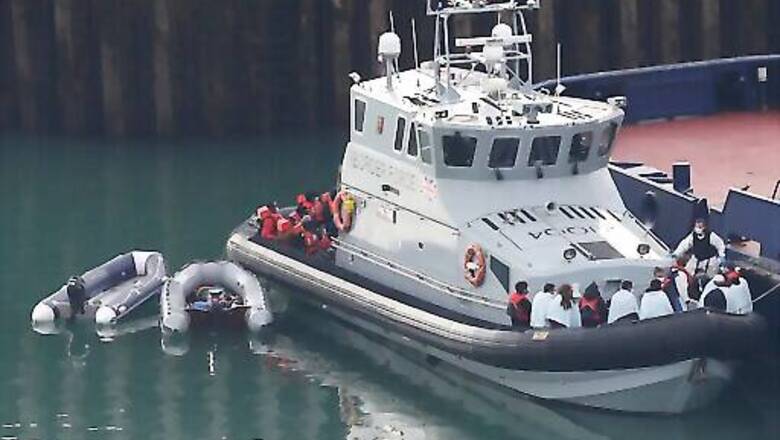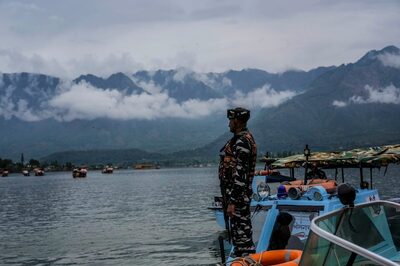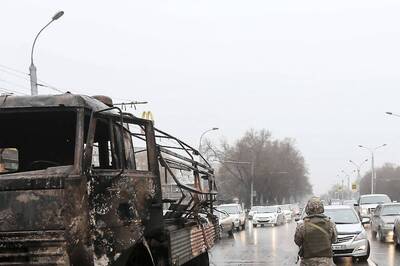
views
Britains military said Saturday it has been asked by the government to help prevent people from reaching the U.K. from France in small boats, after a surge in the number of vessels making the dangerous journey.
The Ministry of Defense said it had received a request from the Home Office to “support U.K. Border Force operations in the Dover Straits. The department said it was working hard to identify how we can most effectively assist.
Britains Conservative government has talked tough after dozens of crossings by migrants during recent weeks of warm summer weather. On Thursday, 235 people landed or were brought ashore from boats in the English Channel, a record number for a single day. Britains Coastguard said it was responding to a number of incidents in the Channel on Saturday.
Home Secretary Priti Patel has said the Royal Navy could be called in to prevent boats reaching U.K. waters, though other senior officials and politicians say that could be impractical and potentially dangerous.
Jack Straw, who served as Home Secretary during a previous Labour government, said it will only take one of these dinghies to capsize and everybody to drown for there to be a hullabaloo, including in the Conservative Party, and for the policy to have to be reversed.
Straw told the BBC that cooperation with France was the only way of reducing the number of people making the risky journey across one of the worlds busiest shipping lanes. The French and British immigration ministers are due to hold talks next week.
Roger Gough, head of the county council in Kent, where the majority of migrants arrive, said historically the best experience weve seen of reducing the inflows is when theres been a successful agreement, level of shared interest, between the British and French authorities.
Migrants have long used northern France as a launching point to reach Britain, either in trucks through the Channel tunnel or on ferries. Before the coronavirus pandemic, the U.K.s strong economy and need for farm and restaurant labor drew migrants from around the world who could speak some English.
Some have turned to small boats organized by smugglers because lockdowns have reduced opportunities to stow away on ferries and trucks. Fine summer weather is also prompting more people to make the risky sea crossing about 20 miles (32 kilometers) at its narrowest point in vessels as small as dinghies and kayaks.
The number of migrants crossing the Channel is small compared to the number who try to reach southern European countries across the Mediterranean and Aegean seas.
Human rights and refugee groups say many migrants are legitimate refugees or have good reasons to want to come to Britain, such as relatives in the country. They argue the British government should offer safe and legal routes for them to come.
Disclaimer: This post has been auto-published from an agency feed without any modifications to the text and has not been reviewed by an editor



















Comments
0 comment